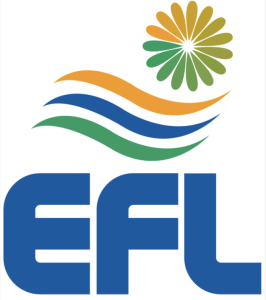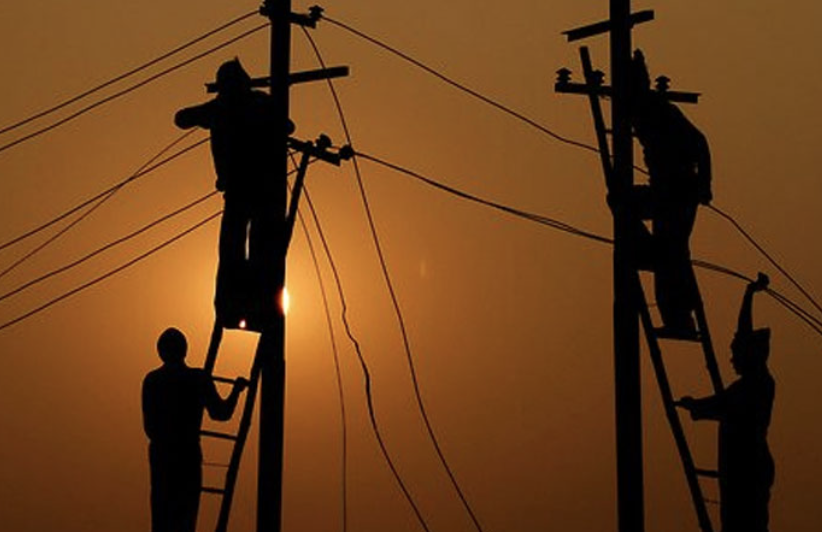The Fijian Competition and Consumer Commission (FCCC) has delivered a decisive blow to Energy Fiji Limited’s (EFL) bid for an electricity tariff increase, highlighting significant concerns regarding the proposal’s implications for consumers and the nation’s renewable energy aspirations. EFL’s proposal, which advocated for the adoption of both fixed and variable charges, aimed to address funding model constraints and prioritize investments in renewable energy initiatives.
 However, following a thorough examination that encompassed extensive stakeholder consultations, scrutiny of EFL’s annual reports, and in-depth analysis of capital expenditure plans and financial sustainability, FCCC raised multiple red flags. Of particular concern was EFL’s ability to meet ambitious renewable energy targets, with doubts lingering over the feasibility of proposed timelines and the substantial investment required to realize these goals.
However, following a thorough examination that encompassed extensive stakeholder consultations, scrutiny of EFL’s annual reports, and in-depth analysis of capital expenditure plans and financial sustainability, FCCC raised multiple red flags. Of particular concern was EFL’s ability to meet ambitious renewable energy targets, with doubts lingering over the feasibility of proposed timelines and the substantial investment required to realize these goals.
FCCC also expressed apprehension regarding EFL’s funding model, which appeared to prioritise debt repayment over essential capital investments. This approach, while ensuring financial stability in the short term, risked stifling crucial projects aimed at bolstering Fiji’s renewable energy infrastructure.
High borrowing levels and dependence on private investment emerged as additional areas of contention. EFL’s reliance on external financing raised questions about the sustainability of its financial practices, with potential ramifications for the stability of Fiji’s energy sector. Moreover, the commission voiced concerns over the viability of EFL’s proposed dividend policy, suggesting that adjustments might be necessary to facilitate increased investment in renewable energy ventures.
In response to these concerns, Joel Abraham, CEO of FCCC, underscored the importance of striking a delicate balance between renewable energy investments and affordability for consumers. Abraham urged EFL to recalibrate its approach, emphasizing the imperative of exploring innovative strategies to drive down electricity costs while accelerating the transition towards renewable energy sources.
Despite the setback, FCCC adopted a collaborative stance, encouraging EFL to submit a revised proposal that addresses the identified shortcomings. The commission’s decision reflects its unwavering commitment to ensuring the long-term sustainability and affordability of Fiji’s electricity sector, with tariff structures meticulously tailored to reflect economic imperatives and environmental imperatives alike.



